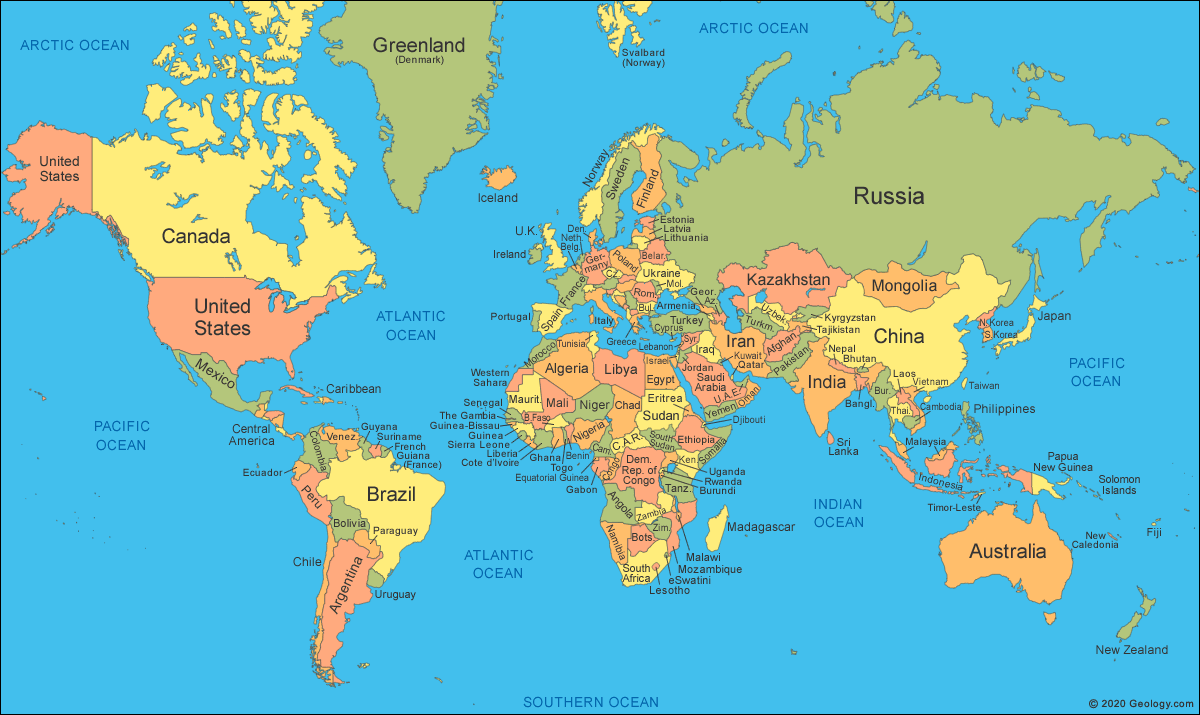A few days ago, we celebrated the saint, John Damascene. My book said that he is regarded as the last of the Church Fathers. This made me wonder who the other church fathers were, how many there were, and why are they called "church fathers." Today, I finally had time to delve into my questions.
They are all from the early church. St. John Damascene died in the eighth century, and that is customarily considered the cut off date.
Why they have this title varies. Some were religious, some clerics, but all were leaders who were listened to. They had influence and that influence shaped the church. Hence, they are considered "fathers of the church."
According to Catholic Answers:
The Church demands four major characteristics to be exhibited in the life and works of an early Church leader if he is to be considered a Father of the Church. These are antiquity, meaning that he lived before the eighth century doctrinal orthodoxy; personal sanctity; and approval by the Church.
Were there Church Mothers? Since the women weren't people with as much influence as the bishops and noted theologians, their writings haven't been promoted, as much as the church fathers. Besides, the culture at that time was patristic; hence the Church Fathers.
They are all from the early church. St. John Damascene died in the eighth century, and that is customarily considered the cut off date.
Why they have this title varies. Some were religious, some clerics, but all were leaders who were listened to. They had influence and that influence shaped the church. Hence, they are considered "fathers of the church."
According to Catholic Answers:
The Church demands four major characteristics to be exhibited in the life and works of an early Church leader if he is to be considered a Father of the Church. These are antiquity, meaning that he lived before the eighth century doctrinal orthodoxy; personal sanctity; and approval by the Church.
Were there Church Mothers? Since the women weren't people with as much influence as the bishops and noted theologians, their writings haven't been promoted, as much as the church fathers. Besides, the culture at that time was patristic; hence the Church Fathers.



